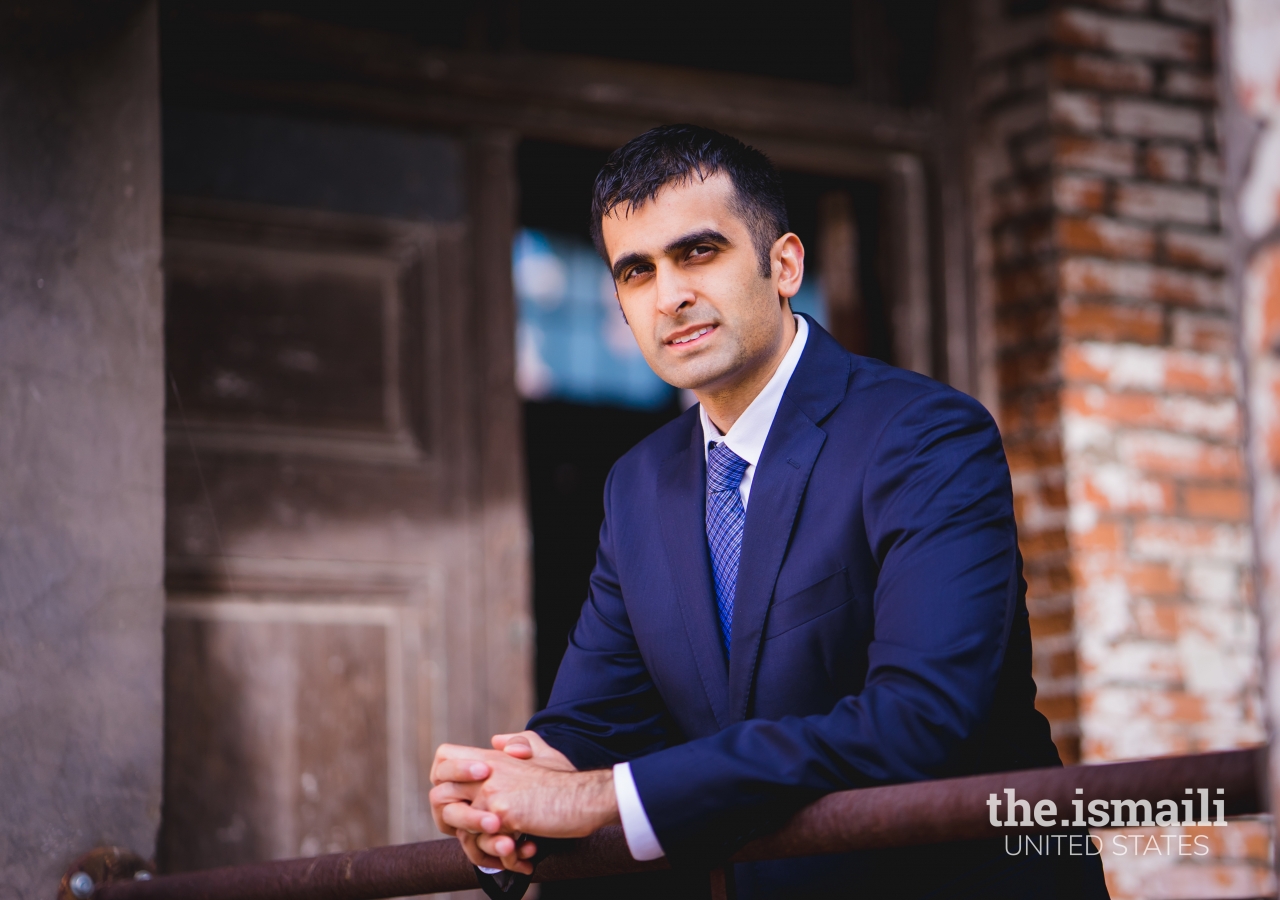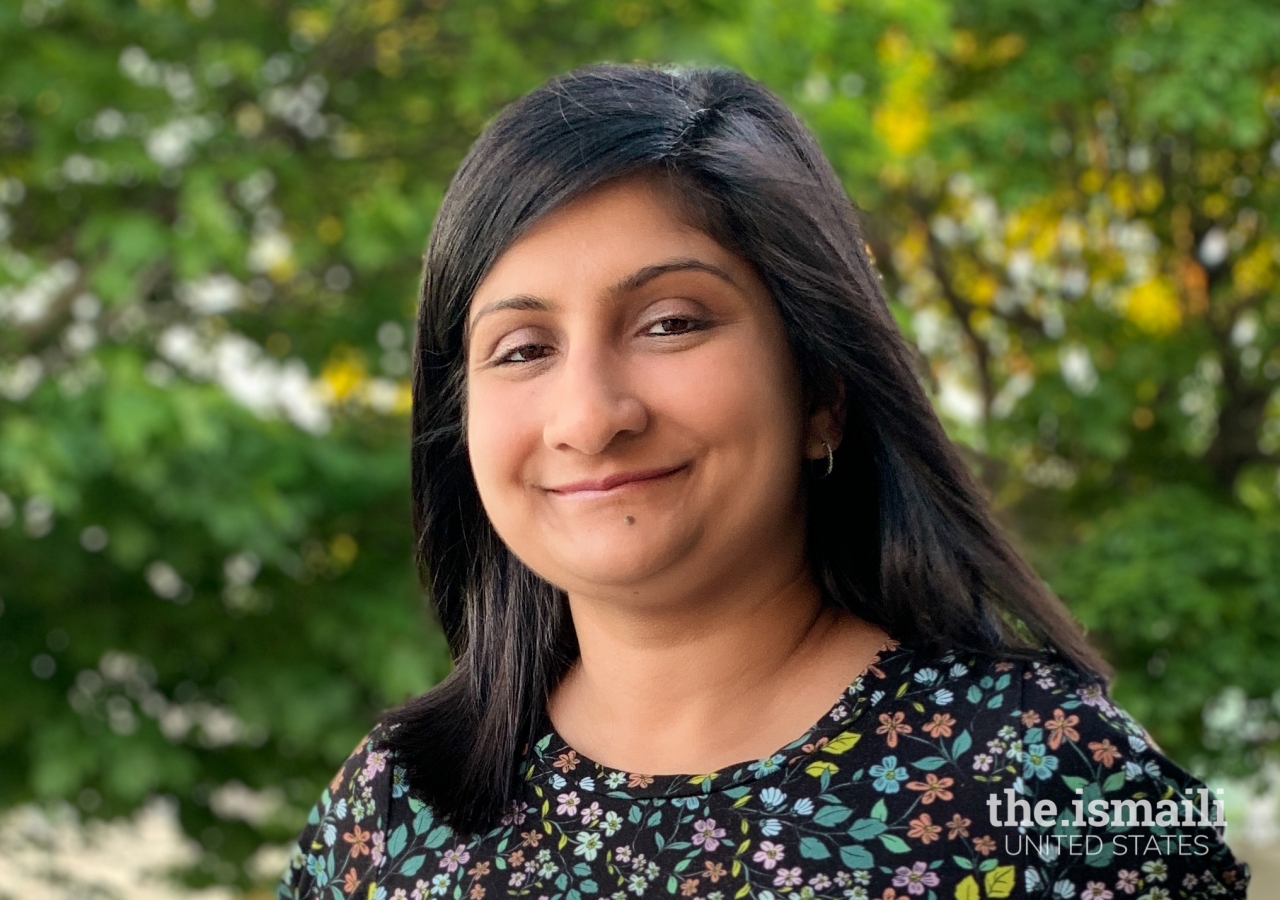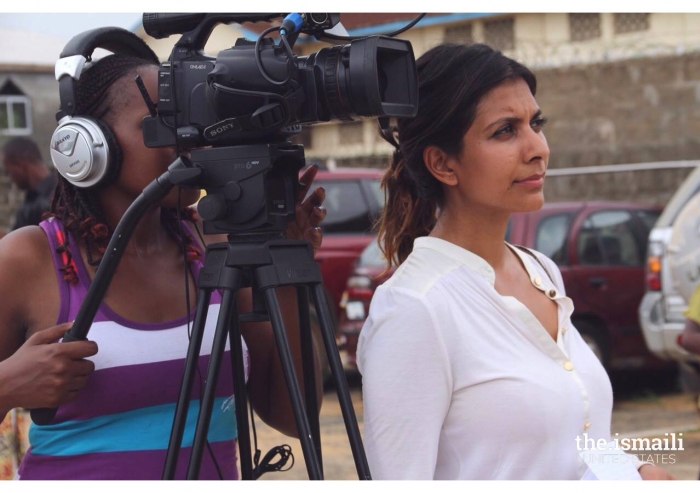Every few seconds, someone in the United States is in need of a blood donation. From accident and burn victims to patients battling cancer or new mothers facing childbirth bleeding, individuals require blood donations for a variety of reasons. A single blood transfusion has the potential to transform their health, rewarding them with the gift of life.
World Blood Donor Day, held annually on June 14, honors blood donors who have given a part of their lives to improve the health outcomes of others. The day also serves to highlight the need for blood donations, which enable others to have access to healthy living – a basic human right.
Blood is a vital bodily fluid that transports oxygen and nutrients to different cells in the body, helping to produce energy; it assists the body in maintaining a stable internal environment; and it also plays a role in protection, helping form clots to stop bleeding and defending against infection.
As blood is made up of different components – red blood cells, platelets, and plasma – there are different types of blood donations. Each component can be donated separately and used to treat specific illnesses or conditions. A whole blood donation, which includes all three components, is the most flexible type of donation and can be transfused in its original form or used to help multiple people when separated into its constituents.
Within the Northeast, many Jamati members have served as blood donors and participated in blood drives. Each year from 2003 to 2015, the Lake Success Jamat held an annual blood drive in the Jamatkhana lobby. Staff from the Long Island Blood Center assisted with the event, bringing equipment to help carry out blood donations. At each blood drive event, the Jamat also offered lunch, with kebab rolls and biryani, to encourage attendance and participation.
Salim Merchant, who helped organize the event and donated blood each year, explained that the initial years of the blood drive had the most turnout. In the first year, 65 people registered to donate blood, and they gave 51 pints collectively.
During later years, the Lake Success Jamat invited members from the Manhattan and Queens Jamats to donate blood. During one year, the Lake Success Jamat also invited members from local churches and synagogues to donate at their blood drive.
“When you’re living in a community, you become a part of that community. When the community needs blood, we have to give blood,” Salim says. “Since we are Americans, we have to participate, and it is a fundamental duty – a civic duty – to give blood.” Salim also added that participating in blood drives is beneficial for sharing the Ismaili community’s ethics and values with others, also making the Jamat more integrated into the local community.
Members of other Northeast Jamats have also served as blood donors in their own communities. Dr. Riaz Gillani, MD is a Board-Certified Pediatrician and a Fellow in Pediatric Hematology and Oncology at Boston Children’s Hospital and the Dana-Farber Cancer Institute. He works with child cancer patients and has seen the impact that blood transfusions can have for patients undergoing chemotherapy. When he was in medical school, Dr. Gillani was inspired to donate blood after being exposed to the different needs that patients have.
To Dr. Gillani, one of the important aspects of World Blood Donor Day is spreading awareness about the ongoing need for blood donation and encouraging those who may be thinking about donating blood but have not yet had the opportunity to do so.
“Our faith places a great emphasis on how our actions and pursuits should serve Allah’s creation and, in turn, help us to remember and glorify Allah. Giving up yourself, quite literally in the case of blood donation, is one powerful way to do both of these things,” he says.
Other healthcare professionals in the Jamat agree that serving as a blood donor aligns with the ethics of our faith.
“Time and again, our faith leaders have emphasized the importance of giving back to not only our community but to humanity at large. Donating blood is just one example of this” says Sabrina Merchant, a Registered Nurse at Boston Children’s Hospital. “It is an act of service, an act of compassion, and a demonstration of respect for life.”
Sabrina once had the opportunity to administer donated blood to a patient and witness his recovery as he came back to life. She described it as “truly a miracle.”
Even during the time of COVID-19, healthy and qualifying individuals who have been following physical distancing guidelines and taking precautionary measures can donate blood. The need for blood donations continues to increase for patients with COVID-19 and for those with other conditions. Visit redcrossblood.org for more information on becoming a blood donor and saving humanity by offering the gift of life.









